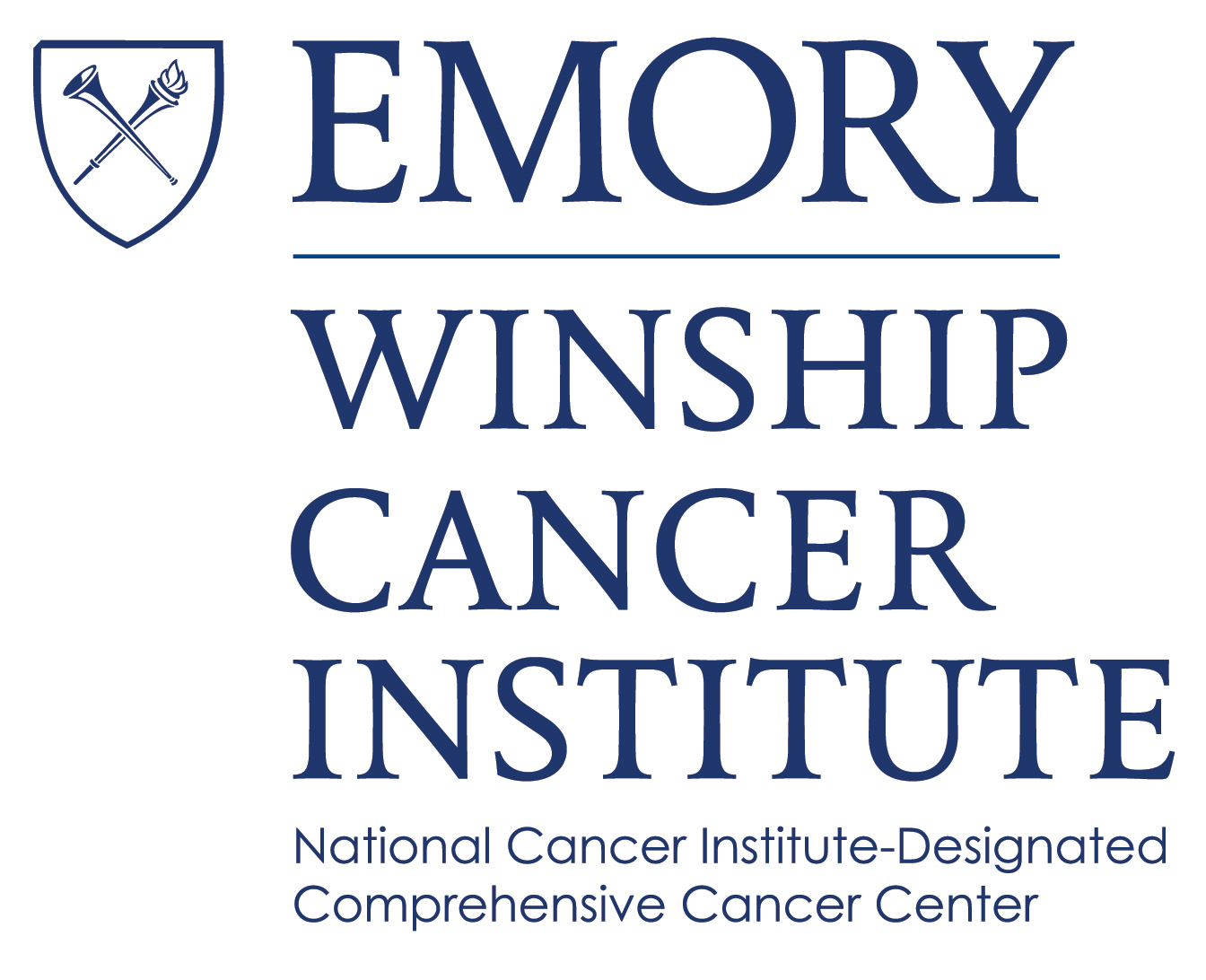- Advertise
- About OncLive
- Editorial Board
- MJH Life Sciences brands
- Contact Us
- Privacy
- Terms & Conditions
- Do Not Sell My Information
2 Clarke Drive
Suite 100
Cranbury, NJ 08512
© 2025 MJH Life Sciences™ and OncLive - Clinical Oncology News, Cancer Expert Insights. All rights reserved.
Dr. Lonial on the Importance of Early Intervention in High-Risk Smoldering Myeloma
Sagar Lonial, MD, FACP, discusses the benefits of early intervention in high-risk smoldering multiple myeloma.
Sagar Lonial, MD, FACP, professor and chair within the Department of Hematology and Medical Oncology and Anne and Bernard Gray Family Chair in Cancer at Emory University School of Medicine, as well as chief medical officer, Winship Cancer Institute of Emory University, discusses the benefits of early intervention in high-risk smoldering multiple myeloma (SMM).
Treatment for patients with SMM has undergone a great deal of change over the past few years, primarily due to the improved ability to identify risk stratification in different patient subgroups. Additionally, results from 2 randomized trials have demonstrated that a subset of patients should be offered early intervention, explains Lonial.
This subset is the highest-risk smoldering myeloma subgroup, that is now categorized by the 20/20/20 criteria, published by the Mayo Clinic in 2018. Results from the QuiRedex trial evaluating lenalidomide (Revlimid) combined with low-dose dexamethasone demonstrated significant improvement in progression-free survival and overall survival in high-risk patient populations. These findings were corroborated by data from the recent ECOG-ACRIN trial, which showed similar benefit with regard to PFS, as well as a 91% risk reduction in the highest risk subset of patients.
Although many might not be open to the idea of early intervention, it is important that this is discussed with these patients and that they are offered the option of early therapy for the sake of prevention, concludes Lonial.


